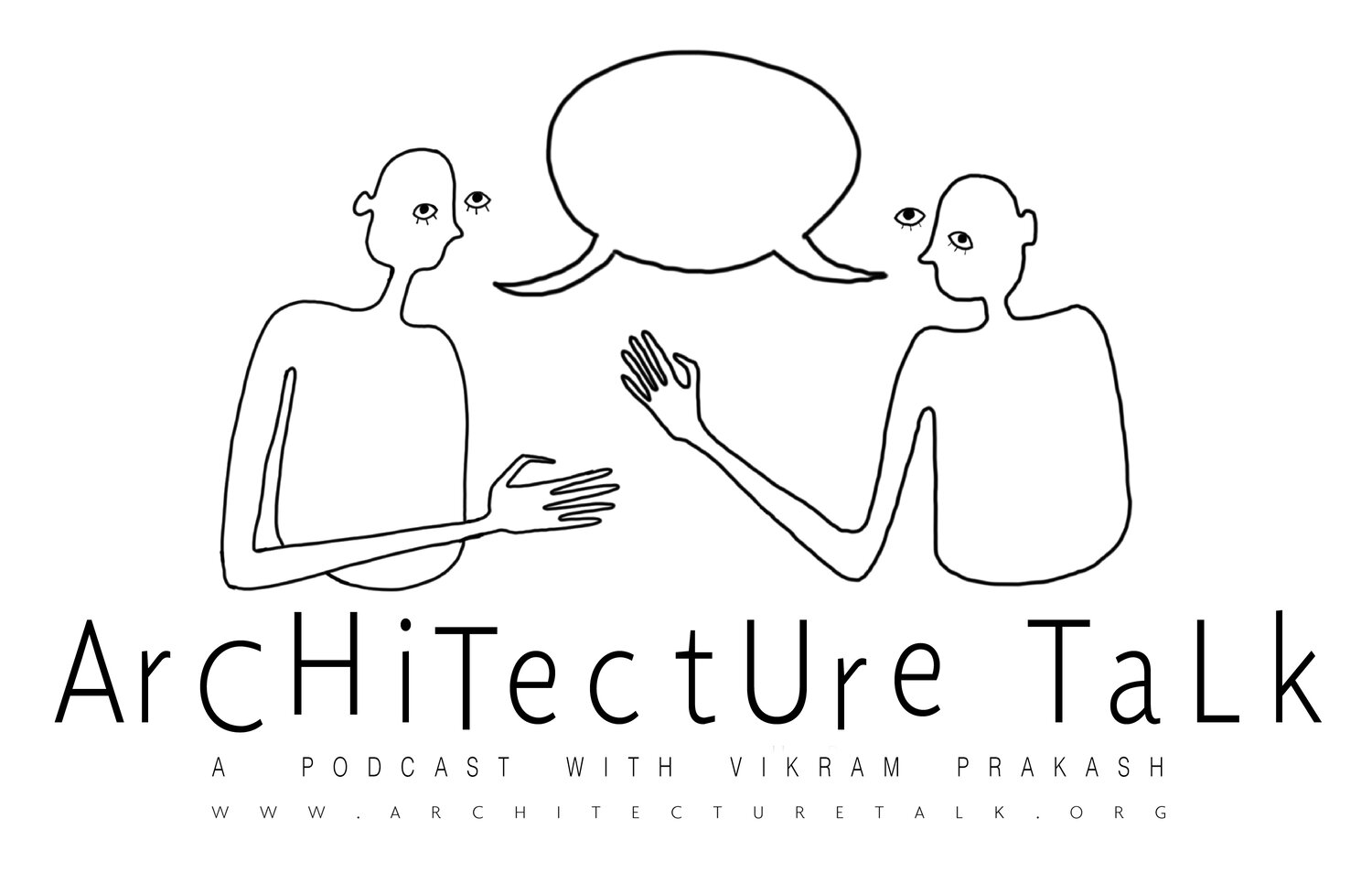122. Reyner Banham Revisited with Richard Williams
Original Drawing by Tori Haynes
“...there are things that come out of very awkward and difficult circumstances and may be produced by capitalistic and authoritarian processes that you might not like, but what if, once these objects are out in the world, they are used and appropriated and inhabited in different ways…I want the licence to talk about that stuff…it’s an approach of openmindedness.”
Richard Williams
This week we sit down with Prof. Richard Williams of the Edinburgh College of Art to discuss his recently published book Reyner Banham Revisited
Timestamp Outline
2:30 Why (the futurist, the brutalist, the aurophile, the environmentalist, the Angelino, the desert freak and the connoisseur of whims) Reyner Banham?
4:30 Nigel Whiteley’s book on Reyner Banham
4:50 A revisitation in thinking about the use-value of Reyner Banham’s work in Reyner Banham Revisited by Richard Williams.
5:30 “Who was Reyner Banham as a human? He was someone who created a public persona of himself…pushing himself out into the public in tv, radio…” RW
7:00 “He had a theatrical understanding of the world…it’s about performance alot of the time…and there’s another thing as well…social class…having to be in public in different ways…constantly having to put on a particular voice in order to be taken seriously. I think he was acutely conscious of that.” RW
10:00 public intellectual
13:00 Radical ideas hidden in plain sight
15:00 the different stages of Banham
18:32 SCENES IN AMERICA DESERTA By Reyner Banham
21:00 What is his relation to Venturi and Learning from Las Vegas and the postmodernism of the 60s, 70s? VP
21:30 Was Banham a postmodernist? His stance seemed to be vehemently opposed to it, but his work might say otherwise…no conclusions.
22:20 Famous public arguments between Charles Jencks and Reyner Baham
24:20 Charles Jencks and postmodernism
25:30 Banham in the desert
26:00 How do you describe a total experience?
30:00 What are you going after? VP
30:39 “...there are things that come out of very awkward and difficult circumstances and may be produced by capitalistic and authoritarian processes that you might not like, but what if, once these objects are out in the world, they are used and appropriated and inhabited in different ways…I want the licence to talk about that stuff…it’s an approach of openmindedness.” RW







